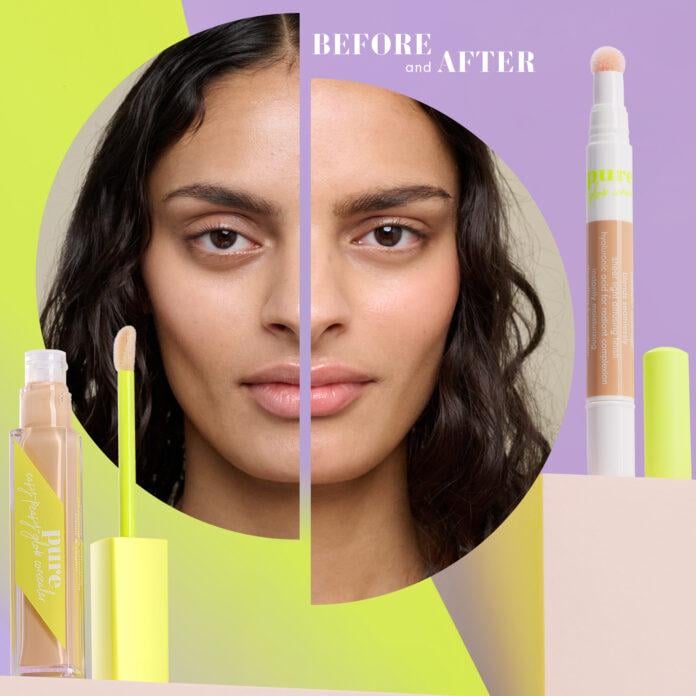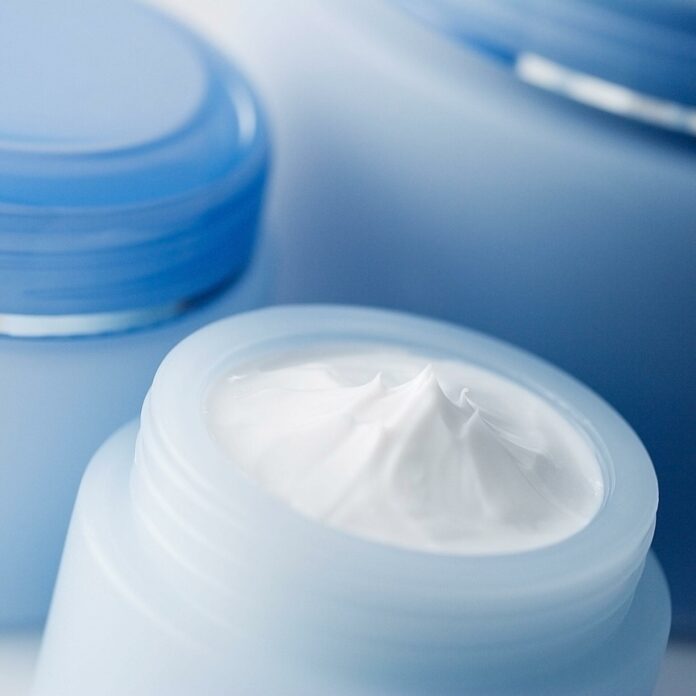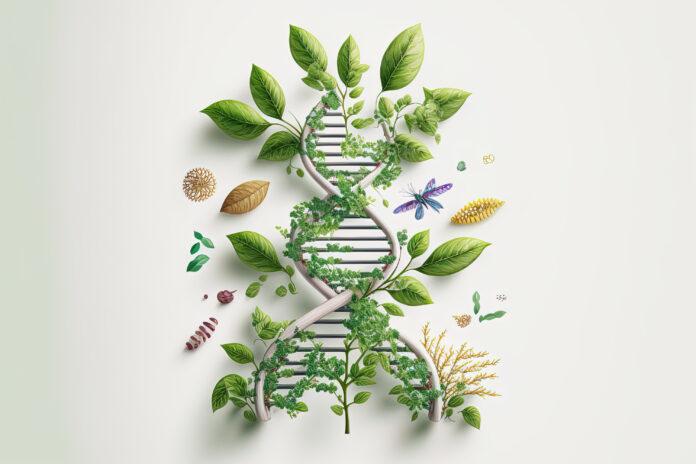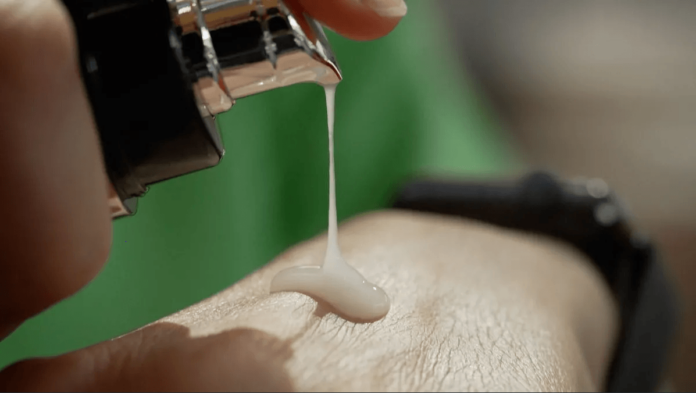Schwan Cosmetics is strengthening its Face portfolio with a focus on skin-image-inspired products with a focus on hybridity. Pure on-the-glow concealer and Pure easy-peasy-glow concealer kick off the new Face line to simplify consumers' daily beauty routine. The Pure Concealer collection was launched globally on March 16, 2023, at Cosmopack Bologna.
Schwan Cosmetics is strengthening its face category with new product concepts. The new line aims to enhance the user's well-being with skin care-color-cosmetic hybrids. These products use the latest performance technologies and clean, natural ingredients known for their versatile capabilities.
According to WGSN's Skinimalism Trends Report, K-Beauty based multi-step beauty routines have been replaced by minimal routines. Driven by conscious consumption and intentionality, the trend has been accelerated by the pandemic. No-makeup days and breakouts caused by overworked skincare routines and stress are on the rise. The pandemic reinforces the new desire for a healthy look, which can be achieved with ultra-shiny, dewy textures and deceptively rosy cheeks.
Today's cosmetic industry facial products come in a wide range of colors to suit all skin tones. Different skin types are also taken into account. But it is rare that both skin types are combined. Yet each skin is unique and has different needs in terms of shade and skincare ingredients. Schwan Cosmetics leverages its unique expertise in custom color formulation and in-depth ingredient knowledge within its large R&D team to enable its customers to approach their niche holistically.
Katrin Hollmann-Raabe, Director of Formula Development at Schwan Cosmetics, says of the new concealer concept: " Pure is the result of over three years of research into concealers that not only provide flawless coverage, but also nourish and protect the delicate skin around the eyes. Our team of experts worked diligently to achieve the perfect balance of the formula, which contains hyaluronic acid and erythritol, a hydrating derivative of fermented sugar. As a result, the skin feels fresh and hydrated. Looking ahead, we are excited to continue exploring the interaction between color and skincare in our future research and development efforts. This new concealer concept is just the beginning of our commitment to creating innovative facial products that seamlessly combine the benefits of skin care ingredients with the power of color cosmetics."
The manufacturer develops solutions that fit into everyday life, whether consumers are on the go or taking time out for wellness. The products are designed to save time and effort by streamlining beauty routines and reflecting a sustainable lifestyle by avoiding waste. With consumers also highly informed and aware of ingredients and their impact on skin and health, all-in-one skincare and makeup hybrids are essential.
Leonardo Luce, Head of the Color & Care Competence Unit at Schwan Cosmetics, emphasizes the proven effectiveness of these products: " Pure Concealers are scientifically proven to deliver exceptional results. Our efficacy study confirmed that over 90 % of volunteers saw a significant reduction in under-eye puffiness and improved skin tightness, smoothness and hydration. In the consumer study, 91 % of them found smoother skin in the crow's feet area. In addition, 100 % of them saw a moisturizing effect on their skin after applying the concealers. We are excited to bring this game-changing concept to market and look forward to our customers experiencing the benefits of Pure" .
For its debut, the new line features the Pure on-the-glow concealer and the Pure easy-peasy-glow concealer.
Pure on-the-glow concealer:
An easy-to-use liquid concealer with a sheer, light-diffusing finish and instant hydration for lazy perfection. Imperfections and dark circles are covered naturally for a "glowy" feel. I'm better". Unlike most liquid concealers, it is formulated with clean ingredients. The unique Tender Touch unit provides a creamy, perfectly blended texture, and the cushion applicator offers a smooth feel.
The Pure "easy-peasy-glow" concealer:
The easy-peasy-glow concealer offers an instant moisturizing effect and can be easily customized in terms of coverage with the familiar dip application. The light, diffused finish and medium coverage give a natural look.
The unique, lightweight formula contains only clean ingredients that provide long-lasting performance and a comfortable feel. The charming applicator features a small cell that serves as a reservoir for the formula, allowing for a wider application without effort. The dipping system is made with up to 42% PCR content. In addition to PURE concealers, the new line will also include more concealers, highlighters, blushers and primers to celebrate the " comfort first "and the " not a size for everyone "care-color-cosmetic hybrids.















